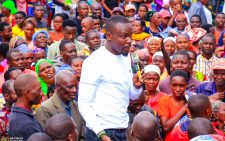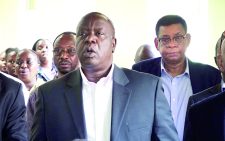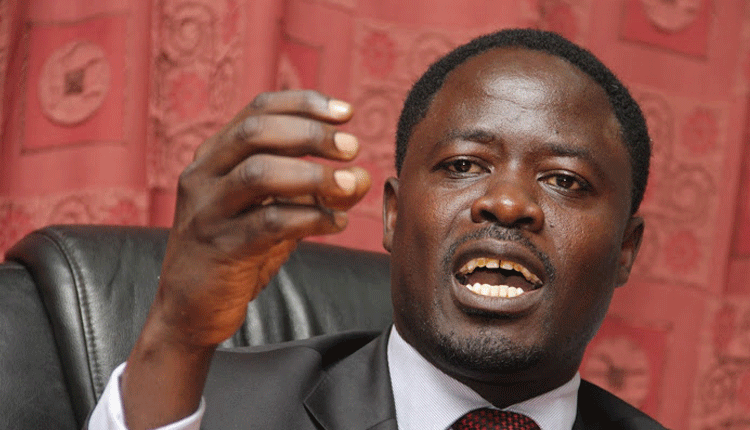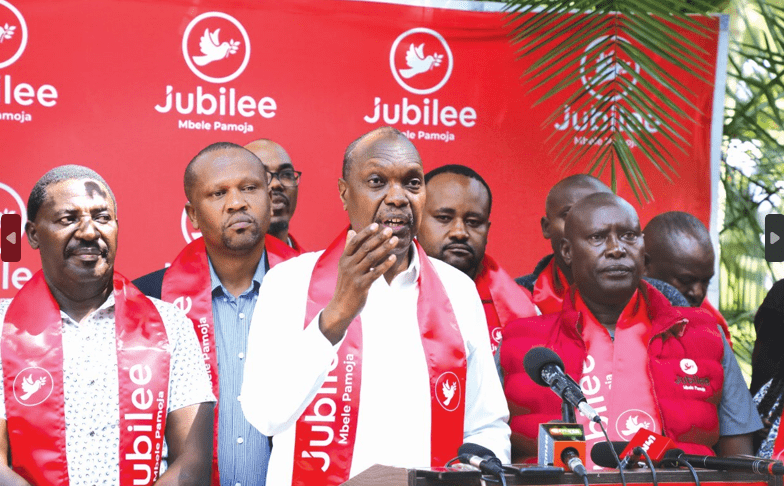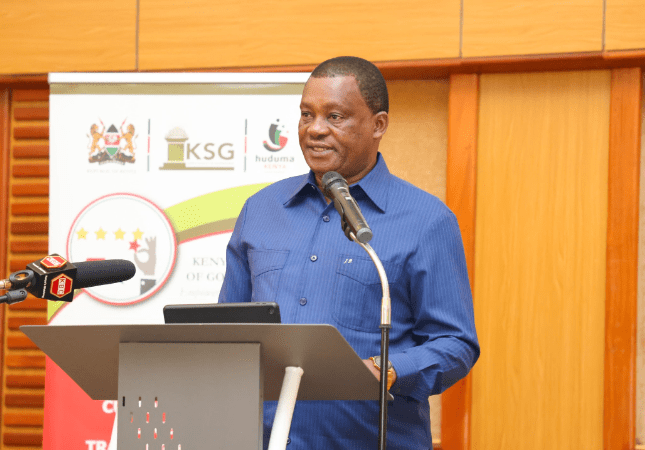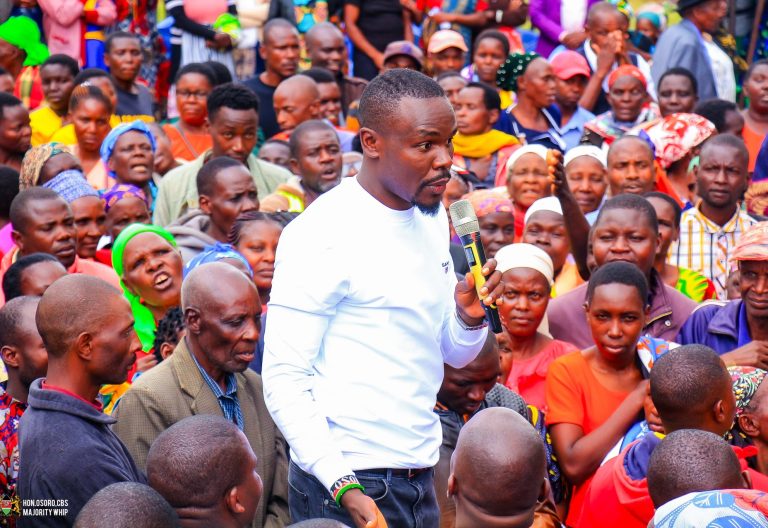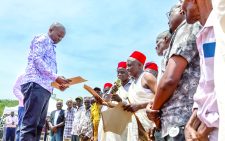We will be judged based on constitutional process
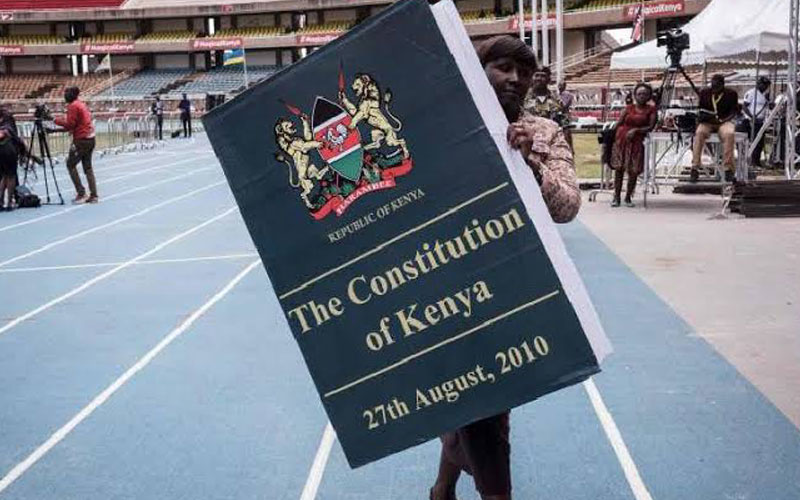
The past 18 years have occasioned a myriad of political and constitutional changes for Kenya.
Between 2002 and 2020, we have held four general elections and two constitutional referenda, processes that continue to impact on our democracy and governance structures.
The lessons in between have shaped our national outlook in ways that future generations will regard with either gratitude or ridicule.
In 2002, we held what many consider as the first truly free and fair general election since independence.
We made clear our intentions to do away with an authoritarian past that had smothered our democracy and gnawed at our patriotism.
To maximise on this, we made our first citizen-driven attempt at amending the independence constitution to produce a document that would reflect of our hopes and dreams.
We hoped for greater democracy, respect for human right and greater accountability within our leadership.
This turned out to be futile when in 2005 a majority of Kenyans rejected the proposed new constitution in a referendum.
In 2007 and with ghosts of the divisive referendum lurking in the shadows, we went into another general election that flung us into post election violence.
It is undeniable that this rough patch fast-tracked our second attempt at a new constitution and in 2010 we promulgated what is now one of the most transformative constitutions in the world.
Its implementation has since facilitated its fair share of landmarks. Between 2010 and 2013, for example, when the country was saddled with cases at the International Criminal Court, the Constitution demanded our deference to rule of law and to our international obligations.
Unlike before, courts and citizenry were emboldened by the new dispensation and would take nothing less than truth and justice.
We also, witnessed another general election that would usher in a new regime to steer implementation of the Constitution.
Come 2017, our democracy was put to test yet again with nullification of the presidential elections.
This was unprecedented and unheard of judicial conclusion especially, within Africa.
While guided by the Constitution and perhaps fearful of what going against its provisions might portend for our peace and development, Kenyans went to the ballot for a second time to elect their president and correct the socio-political disorder weighing on their social and economic endeavors.
That election has advanced the quest for yet another constitutional amendment exercise.
The 2018 resolution between President Uhuru Kenyatta and former Prime Minister Raila Odinga heralded the Building Bridges Initiative to amongst other things, find a lasting solution to myriad of social, political and economic upheavals that continue to haunt the country.
The final document has been adopted and it lays ground for the third constitutional referendum.
The coming months are thus just as critical for the country as the past. The likelihood of holding a referendum and a general election so close to each other continues to be a topic of heated debate amongst the electorate.
To some, these events are a merry-go-round about real issues, a basket of weak ideas and endeavors occasioning gross social and financial strain to our nation’s fabric.
Consequently, whether the constitution is amended or not, the events leading up to our current experiences must be viewed as a journey towards our best selves.
Future generations will judge us on the extent to which we have protected the weakest amongst them and on strength of the foundations on which our democracy is built. — The writer is an Advocate of the High Court
